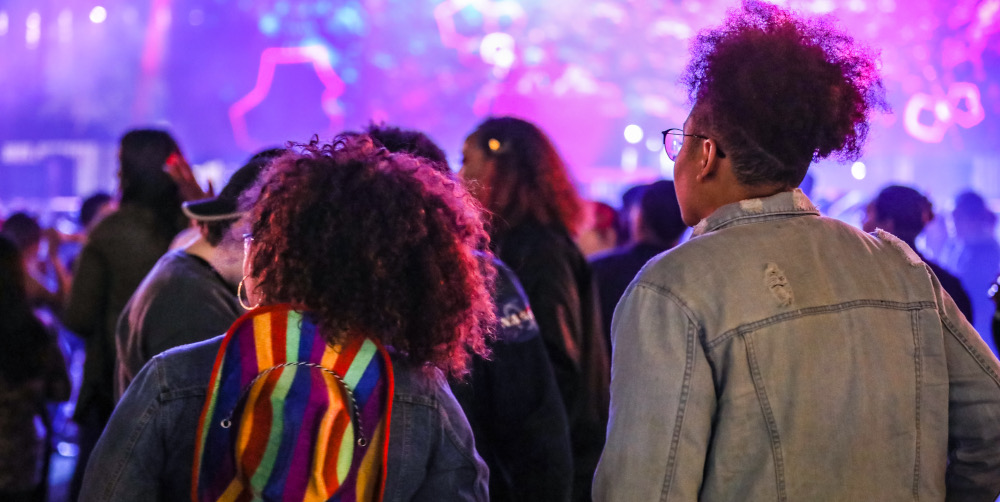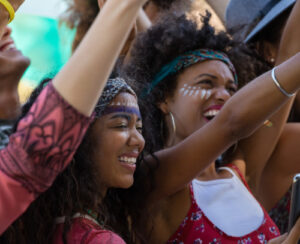
Pretoria’s Indigenous Craft and Music Festival 2025
This coming August, Pretoria will be transformed into a living tapestry of tradition and modernity as it hosts the highly anticipated Indigenous Craft and Music Festival 2025. The event is poised to be a landmark in the country’s cultural calendar, offering an immersive journey into South Africa’s vast artistic heritage. From the delicate weavings of ancestral artistry to the pulse of traditional and modern music, the festival promises to be a deeply human celebration, rooted in history, and alive with future possibilities.
The festival will span multiple days, threading its way through Pretoria’s central parklands, historic sites and public squares. In doing so, it underscores an essential message, culture is not confined to galleries or classrooms, but belongs to the streets, to the people, and to everyday life.
A Gathering of Art, Rhythm and Heritage
One of the festival’s focal points will be the artisan market, a vivid corridor of tents and open-air stalls showcasing hand-made works from across South Africa’s provinces. Each piece on display carries within it the legacy of generations. Visitors will find the intricate beadwork of the Xhosa, geometric Basotho tapestries, Zulu reed baskets, Pedi stone carvings, and finely tooled leatherwork from the Tswana. But these are not simply items for sale, they are stories, expressions of land, labour, and love.
What sets this festival apart is its emphasis on direct engagement. Artisans won’t simply sell their goods, they’ll share their processes, offer live demonstrations, and invite attendees to try their hand at traditional techniques. A visitor might sit alongside a master weaver and learn to twist sisal into thread, or help mould a clay pot using methods unchanged for centuries. This interaction invites a deeper appreciation and a respectful curiosity, turning each encounter into a mini-apprenticeship.
Soundscapes of a Nation
Music will form the second heart of the festival, a rhythmic landscape as diverse and layered as the nation itself. Stages will echo with maskandi’s rolling strings, the earthy resonance of marimbas, the call-and-response of isicathamiya, and the new sounds of youth blending electronic beats with indigenous motifs. From early morning warm-ups to sunset sessions, performances will be spaced throughout the city’s Freedom Park and gardens surrounding the Union Buildings.
There is also a keen awareness of balance between tradition and innovation. Alongside venerated performers will be rising stars in indigenous fusion, young artists experimenting with voice, sound, and storytelling to create something entirely new. Children’s choirs, gumboot dancers, praise poets and elder-led drum circles will form a rich intergenerational mosaic that speaks to continuity and change.
Another highlight of the festival will be the storytelling zones, quiet, shaded areas where oral traditions will come alive. Using adapted EBT terminals (electronic bingo terminals repurposed for media display), visitors can engage with multimedia narratives told in native languages. Folktales once whispered by firesides will now be experienced with soundscapes, visuals, and voiceovers, preserving both content and context.
These zones are especially geared towards youth, who are invited to participate in digital archiving projects. With guidance from local librarians and technologists, children and teens can help record their grandparents’ stories, upload photos of family artefacts, or even begin translating oral histories into digital formats. In doing so, they become custodians of their culture, not as passive inheritors but as active archivists.
 Food will also be an integral part of the celebration. Culinary tents will serve regional specialities from across the nation, umngqusho from the Eastern Cape, mogodu from Gauteng, vetkoek from township stalls, and modern reinterpretations of rural recipes using indigenous grains and wild herbs. Visitors can watch cooking demonstrations, learn about the medicinal use of plants, or take part in tasting sessions that double as history lessons.
Food will also be an integral part of the celebration. Culinary tents will serve regional specialities from across the nation, umngqusho from the Eastern Cape, mogodu from Gauteng, vetkoek from township stalls, and modern reinterpretations of rural recipes using indigenous grains and wild herbs. Visitors can watch cooking demonstrations, learn about the medicinal use of plants, or take part in tasting sessions that double as history lessons.
Importantly, the food programme highlights how climate, migration and innovation have shaped what South Africans eat and how they cook. It’s a reminder that culture is not static, but evolving, born of both necessity and creativity. In line with its values of inclusivity and sustainability, the festival is free to school groups, and offers guided tours led by students from nearby universities. These tours, structured as walking conversations, help contextualise exhibits and performances within the broader social and historical fabric of South Africa.
Environmental consciousness runs through every aspect of the planning. Single-use plastics are banned, and food vendors are required to use biodegradable packaging. Portable recycling stations dot the grounds, while composting and water conservation efforts are explained through small exhibitions.
Accessibility is also a clear priority. Sign language interpreters will be available at all major events, and information boards will be multilingual. For those with mobility challenges, ramps and shaded rest areas have been incorporated throughout the layout.
A Call to Remember and Reimagine
While the Indigenous Craft and Music Festival 2025 is undeniably festive, it is also reflective. It invites all who attend to consider what it means to preserve, evolve and share culture in a rapidly changing world. In an age of globalisation, where homogeneity often threatens to erase local identity, this event stands as a defiant celebration of specificity, of heritage shaped by hills, languages, ancestors, and dreams. It also challenges the idea that tradition and technology are at odds. The inclusion of digital storytelling, adaptive use of tech like EBTs, and youth-focused archiving efforts prove that innovation can serve culture rather than obscure it. In fact, it can amplify it.
Whether you are a lifelong enthusiast of indigenous art or a first-time visitor simply curious to learn more, Pretoria’s festival offers something rich and memorable. It’s a space to listen deeply, to learn humbly, and to connect joyfully, with others and with the roots that run through the nation. In a city that has witnessed both division and reconciliation, the 2025 Indigenous Craft and Music Festival becomes more than just a cultural event, it becomes a gesture of unity, an embrace of diversity, and a vibrant step toward a more inclusive and imaginative South African future.
So come with your hands open, your senses ready, and your heart prepared to be moved. Because this August, Pretoria won’t just host a festival, it will host a movement.




